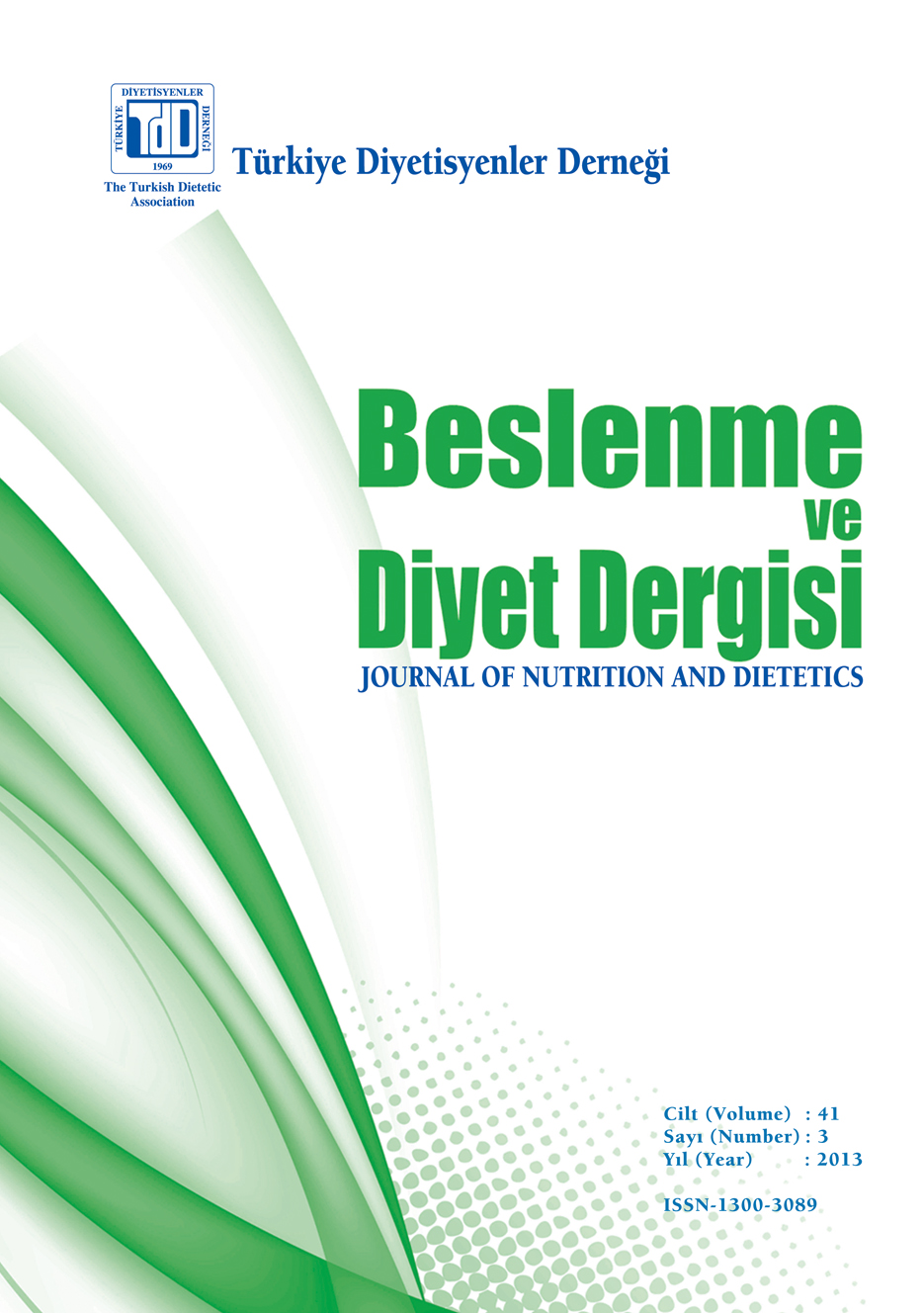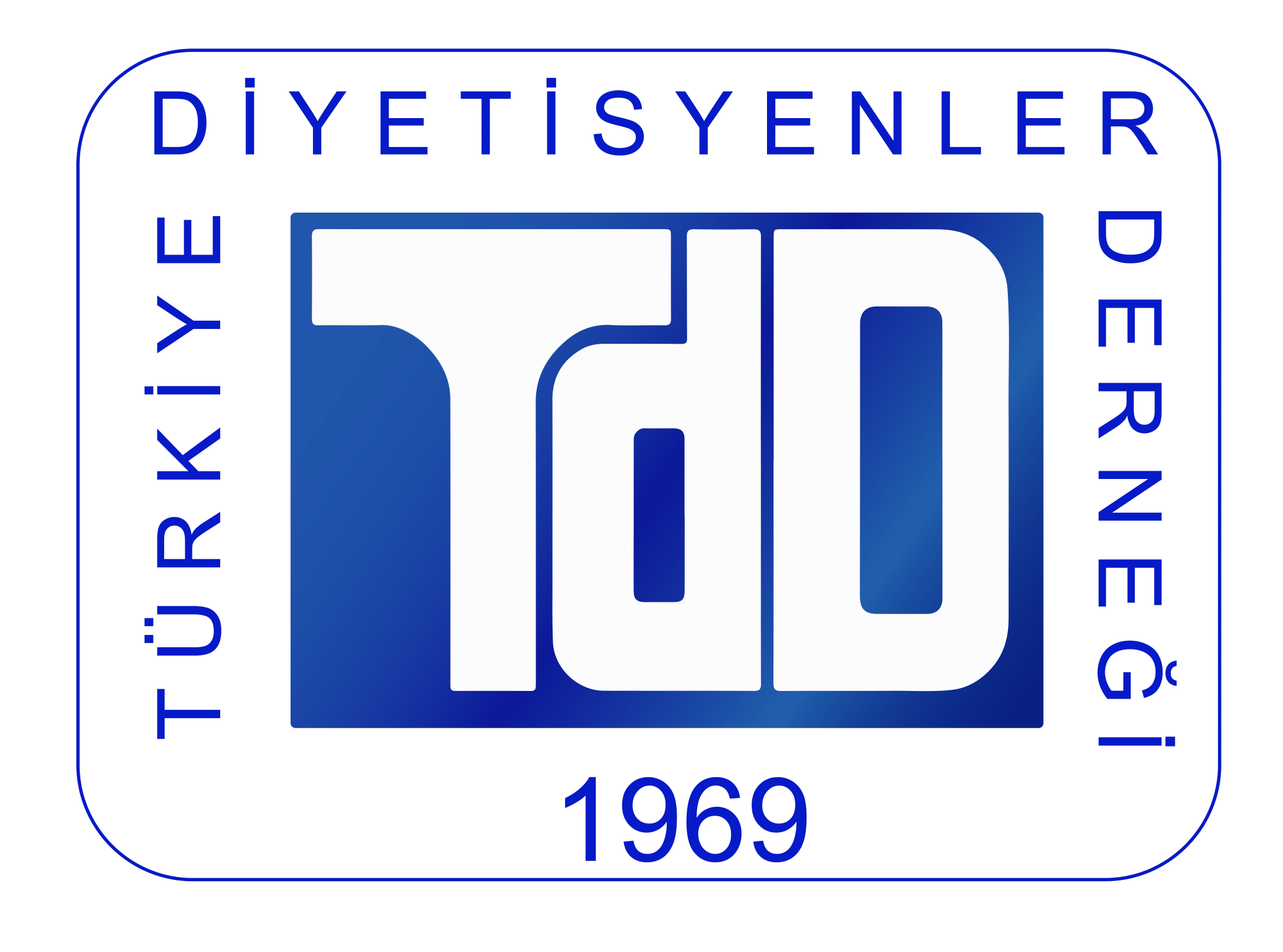Son Dönem Böbrek Yetmezliğinde Nutrisyon Desteği
Anahtar Kelimeler:
End stage renal disease, malnutrition, nutrition supportÖzet
Chronic kidney disease (CKF) is a state of permanent decrease in glomerular filtration rate (GFR) that will cause established changes in kidney functions. This status usually occurs when GFR decreases below 25mL/min/1.73m2. End Stage Renal Disease (ESRD)is characterized with irreversible loss of renal functions and this constitutes a clinical state that requires renal replacement treatments such as dialysis and transplantation in order to be protected from harmful and life threatening effects of uremia. The incidence and prevalence of ESRD is increasing globally. According to the data of the Turkish Nephrology Society, ESRD incidence was increased two times and prevalence was increased five times in the last 10 years in Turkey. Uremia decreases appetite and causes reduced food intake that is related with its negative effects on the gastrointestinal system function, metabolic acidosis, endocrine factors, uremic toxicity, induction of protein catabolism, etc. Protein energy malnutrition (PEM) is an important problem in ESRD. PEM rates of the hemodialysis and peritoneal dialysis patients are 18-75% and 10-50 %, respectively. Protein energy malnutrition in ESRD is strongly related with increased morbidity and mortality. As a result of the frequency of malnutrition, periodic assessment of nutritional status should be part of the routine care of dialysis patients to permit early recognition and the institution of appropriate therapy. The first step is to modify of the diet for each individual. Nutritional support is indicated in undernourished ESRD patients as defined by low nutritional indices, mainly body mass index less than 20 kg/m2, body weight loss more than 10% over 6 months, serum albumin less than 3.5 g/dL and serum prealbumin less than 30 mg/ dL and in cases where normal food intake is inadequate. If the patients can’t tolerate oral nutritional supplements, early enteral nutrition with tube feeding is recommended. If the patients can’t tolerate enteral nutrition with tube feeding, then parenteral nutrition or intradialytic parenteral nutrition in hemodialysis patients is offered.

